Bachelet alarmed by clampdown on freedom of expression during COVID-19 in Sri Lanka
UN High Commissioner for Human Rights Michelle Bachelet expressed alarm at the clampdown on freedom of expression in parts of the Asia-Pacific during the COVID-19 crisis, saying any actions taken to stop the spread of false information must be proportionate, the UN agency said. Sri Lanka is also among the countries listed by the UN agency expressing concerns on the state of freedom of expression.
Many countries in the region already have laws governing alleged “fake news” and online media that raise human rights concerns and have been used in other contexts to deter legitimate speech, especially public debate, criticism of government policy and suppress freedom of expression. Measures should adhere to the principles of legality, necessity, proportionality, serve a legitimate public health objective and should be the “least intrusive” approach required to achieve that result.
Bachelet said the COVID-19 pandemic had seen a further tightening of censorship in several countries, along with the arbitrary arrest and detention of people critical of their Government’s response or for simply sharing information or views about the pandemic.
Arrests for expressing discontent or allegedly spreading false information through the press and social media, have been reported in Bangladesh, Cambodia, China, India, Indonesia, Malaysia, Myanmar, Nepal, the Philippines, Sri Lanka, Thailand and Viet Nam.
In Sri Lanka, the Acting Inspector General of Police threatened to arrest anyone who allegedly criticizes or highlights “minor shortcomings” of officials involved in the coronavirus response or who shares “fake” or “malicious” messages. The Human Rights Commission of Sri Lanka on 25 April wrote a letter to the police informing them that any arrest for the mere criticism of public officials or policies would be unconstitutional. A number of individuals have been arrested over posts in their Facebook pages.
“In these times of great uncertainty, medical professionals, journalists, human rights defenders and the general public must be allowed to express opinions on vitally important topics of public interest, such as the provision of health care and the handling of the health and socio-economic crisis, and the distribution of relief items,” said Bachelet.
“This crisis should not be used to restrict dissent or the free flow of information and debate. A diversity of viewpoints will foster greater understanding of the challenges we face and help us better overcome them. It will also help countries to have a vibrant debate on the root causes and good practices needed to overcome the longer-term socio-economic and other impacts. This debate is crucial for countries to build back better after the crisis.”
-
Still No Comments Posted.



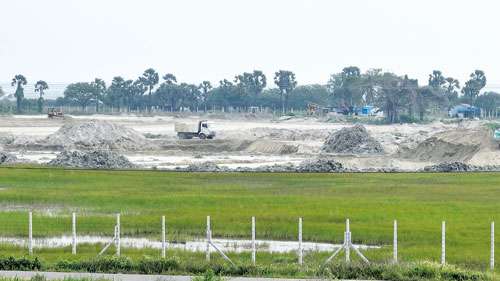
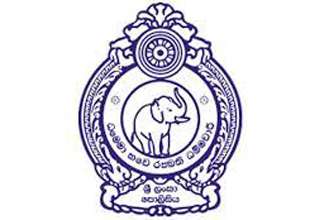
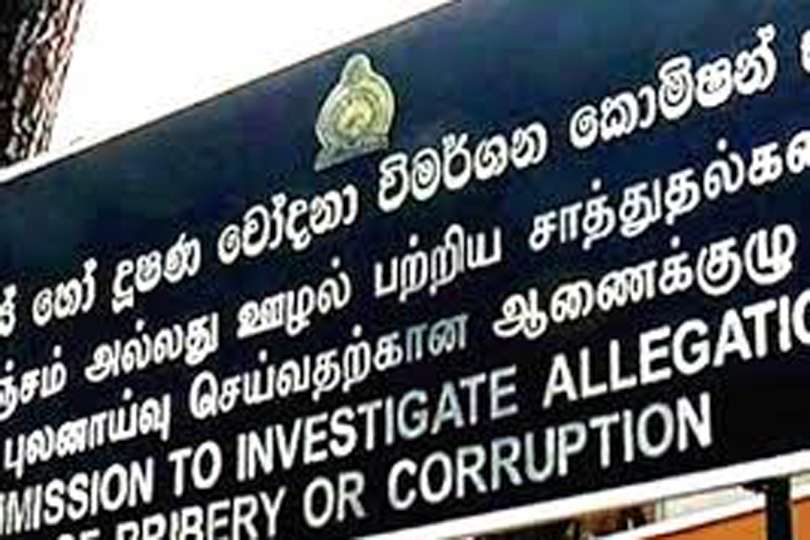
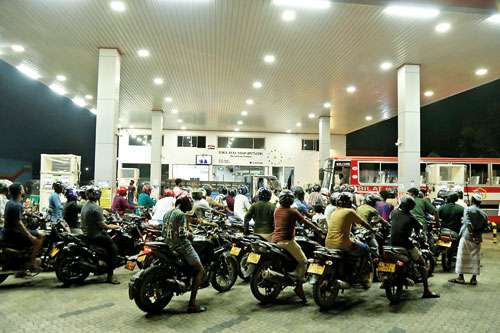
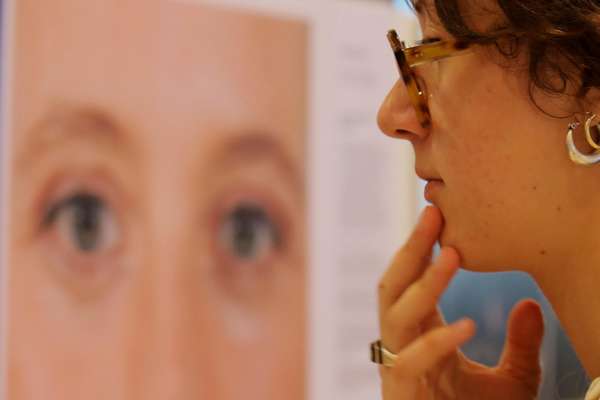

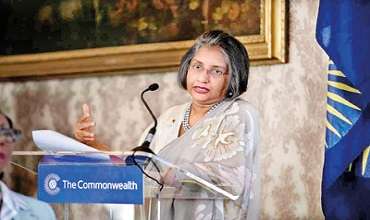
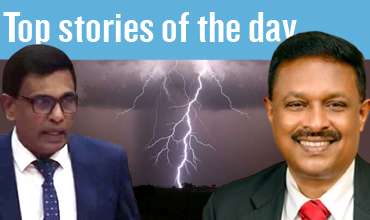
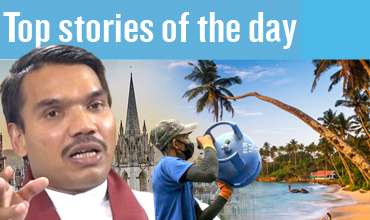
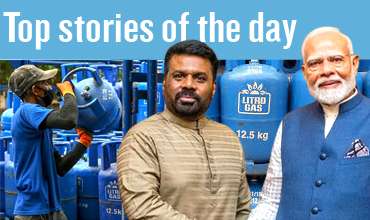
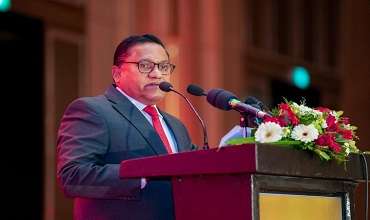
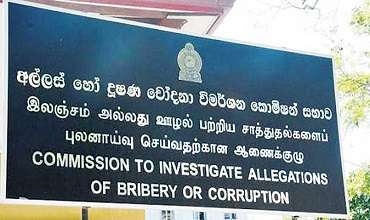
Leave Comments